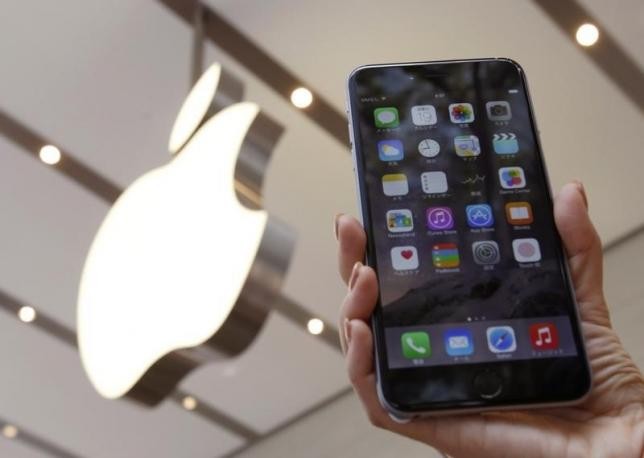Conventional wisdom says that it is hard as nails for universities to earn big bucks from their tech research, whether it involves the Internet, missiles, or genetics, when going head-to-head with industry giants. However, this week the University of Wisconsin (UW) won a court case versus Apple in which the latter was ordered to pay $234 million due to a patent infringement on technology that makes iPhone and iPad chips faster and better.
The jury ruled in favor of The Wisconsin Alumni Research Foundation (WARF), deciding that Apple's A7, A8, and A8X chips are in violation of the patent. Its processors power the iPhone 5s, 6, and 6 Plus models, and the iPad Air 2 and mini 4 devices.
The court ruled that Apple's use of a "predictor circuit" on chips infringed on UW intellectual property, according to Phone Arena. Professor Gurindar Sohi and three students patented the tech in 1988.
Apple could have been liable for a maximum of $862.4 million in damages. The company has stated that it intends to appeal the jury's verdict.
Meanwhile, UW praised the verdict as a win for the education sector. It promised to reinvest the money back into research.
WARF's managing director Carl Gulbrandsen said that the university's researchers' hard work was rewarded. In addition, their licensed and patented findings were victors.
Critics argue that the current "system" should be changed. A Bookings Institute study found that universities tend to license their technology to the tech giant that wins a bidding war, while just eight institutes of higher learning earn half of all licensing income among colleges and universities.
Walter Valdivia was the study's author. He recommended that universities launch their own startup companies and then share their new patents with them.
During the past decade or so other universities have defeated tech titans in high-profile cases. They include Eolas's (University of California-based) $520.6 million win versus Microsoft (Web browser patent) in 2003, Cornell University's $184.4 million victory over Hewlett-Packard (computer-instruction processing patent) in 2008, and Carnegie Mellon University's $1.5 billion award paid by Marvell Technology (hard drive patent) last year, according to Re/code.
UW also sued Intel over the same mobile chip patent in 2008. The case resulted in a settlement out of court for an undisclosed amount.



























